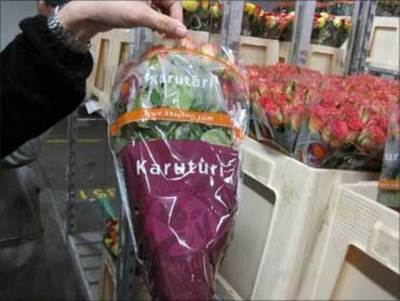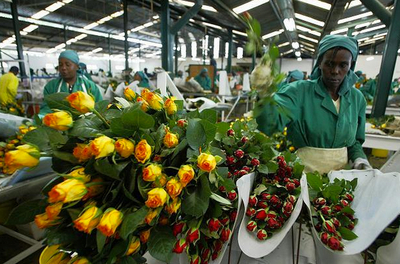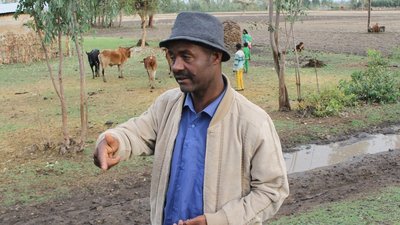Firm wants Karuturi Flowers wound up
- The Star
- 07 September 2013
A manufacturer of a cartons and polythene bags has applied to the High Court in Kenya to wind up cash-strapped Indian flower firm, Karuturi.

A manufacturer of a cartons and polythene bags has applied to the High Court in Kenya to wind up cash-strapped Indian flower firm, Karuturi.

The bill's pricing rules would oblige developers to pay up to four times the market rate for land in rural areas and twice the rate in urban areas. Displaced people must also be given homes and jobs.

A meeting called to address the problems facing Karuturi flower farm in Naivasha, Kenya, was cancelled. The farm directors who had flown in from India kept off the venue of the meeting due to the anger of union officials and the farm workers

The promoters of Karuturi Global have been forced to increase their pledge towards the lenders by as much as 58% even as the company is trying to stabilise their operations in Ethiopia

"Africa is the next destination for the world sugar industry due to huge land available in that continent," said Abinash Verma, director-general of the Indian Sugar Mills Association.

India and China are pushing heavily to open new markets in Africa but how do the local people feel about the results? BBC News video report.

Business came to a halt at the expansive Karuturi flower farm in Naivasha, Kenya, after its over 3,000 workers downed tools demanding their July salaries.

An Indian state minister-controlled sugar cooperative will sign an agreement with the government of Mozambique to operate a 17,000 ha farm near the Zambezi River under 49-year lease. The minister is also eyeing an opportunity to run a sugar mill in Kenya.

Slideshow about controversies around Karuturi's flower farm operations in Ethiopia

L'accaparement des terres comme une forme de néo-colonialisme n'est pas une question de noms et d’origines, mais simplement une question liée à l'expansion mondiale du système capitaliste.

The Ajeenkya D Y Patil Group of India has signed an MoU with the Government of Guyana for 65,000 ha in the Canje Basin, to be used for agriculture-related projects.

Indian companies have attracted global controversy for a spate of large land deals across Africa, yet the Indian Export and Import (Exim) Bank has largely steered clear of directly financing land deals.